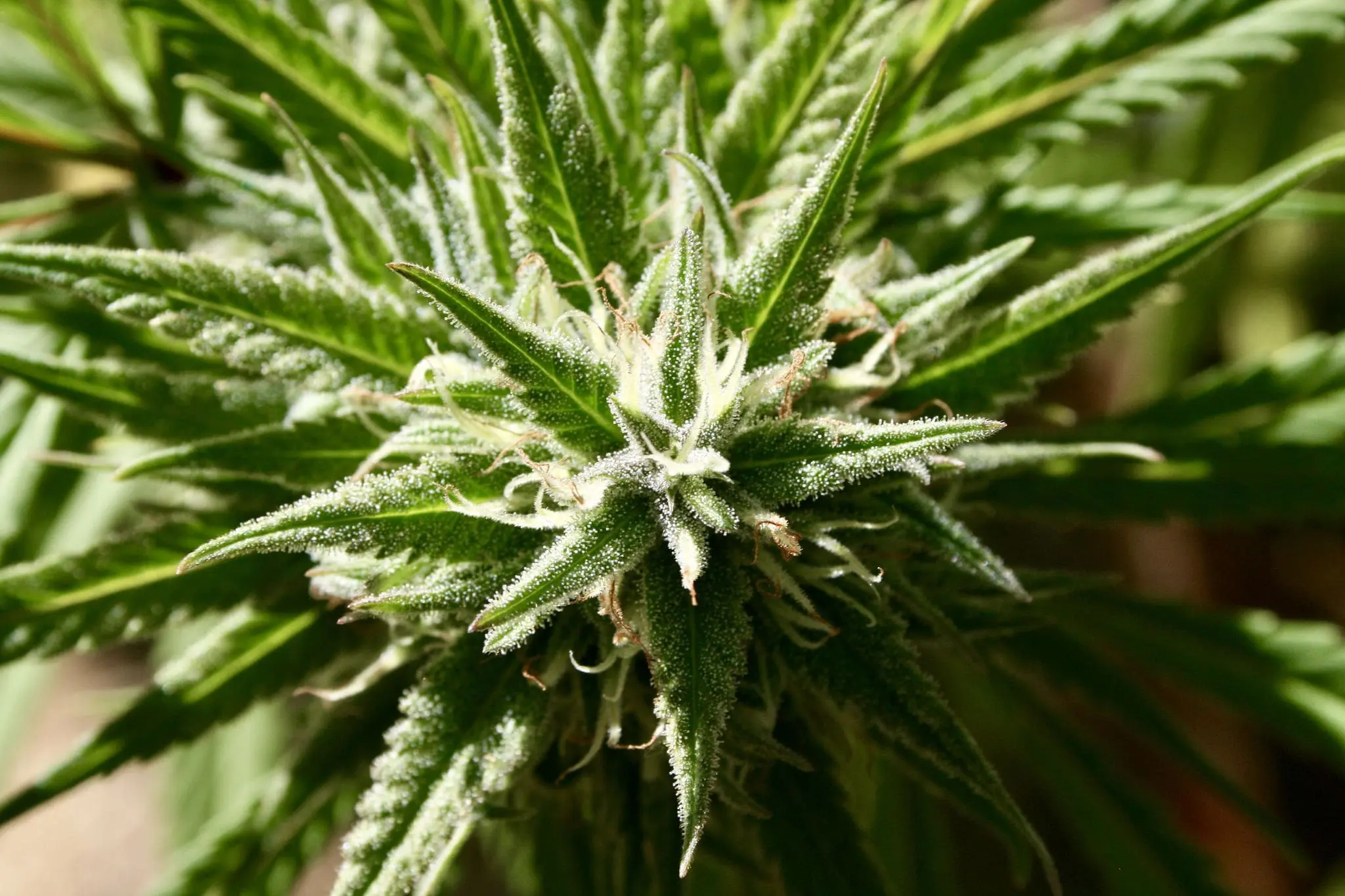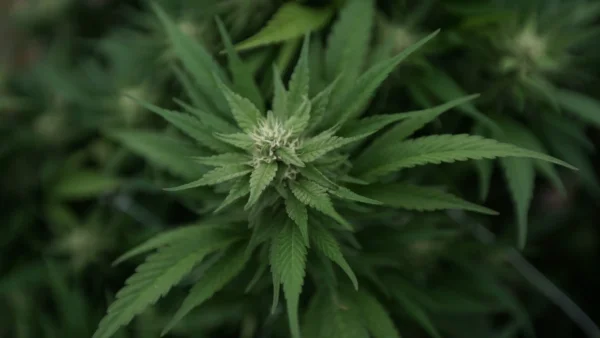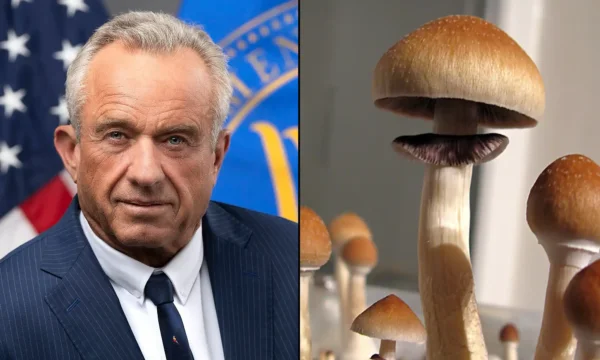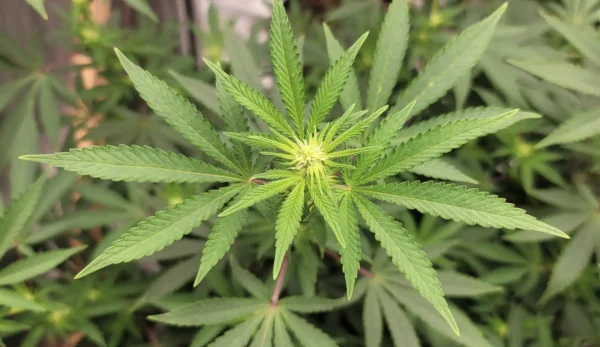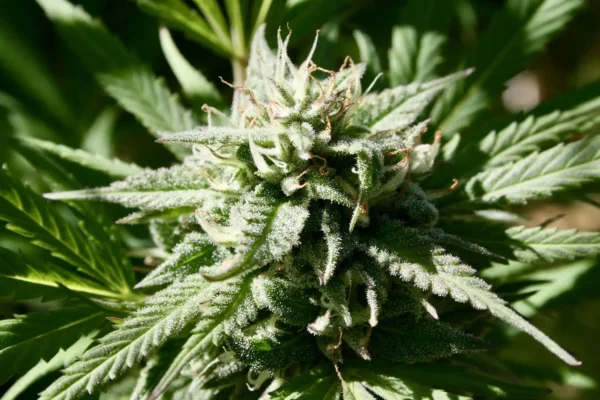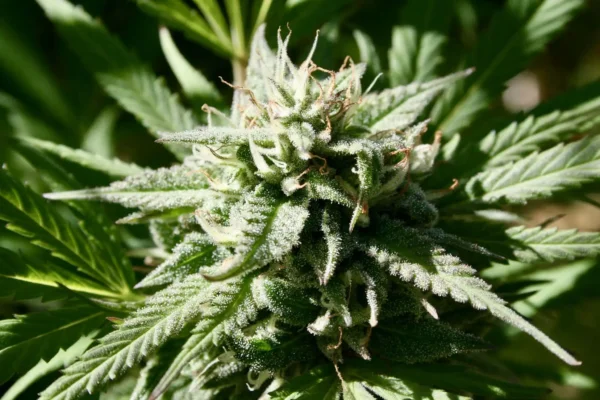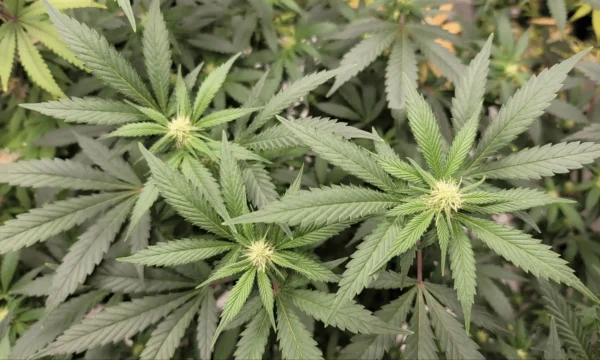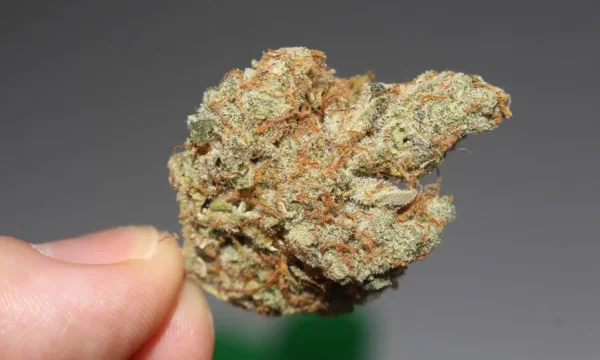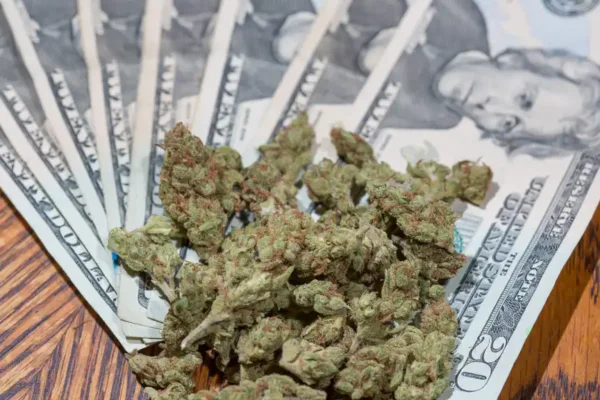As Trump Feels ‘Pressure’ To Reschedule Marijuana, Transportation Secretary Worries About Sending Wrong Message To Youth
Trump Rescheduling Marijuana Is Colliding With America’s Roadway Reality. Say it out loud and you can hear the gears grind: politics in high gear, science still in the slow lane, and culture riding shotgun. The talk now is whether cannabis moves to Schedule III, whether the feds finally treat it like medicine with tax codes that make sense, and what that means for cannabis-impaired driving. It’s a messy, late-night diner conversation—coffee burned, hash browns crisp—about marijuana policy reform, youth safety, and the limits of our tools. There’s no neat breathalyzer for THC, no quick roadside oracle. So the country argues, and the asphalt keeps rolling under us all.
Safety fears and the missing toolkit
The nation’s transportation chief put it bluntly on morning TV: alcohol leaves bread crumbs—odor, slurred speech, a number on a handheld machine. Cannabis doesn’t. On Fox & Friends, he said we don’t yet have the systems to reliably tell if someone used marijuana moments before driving, and that a culture increasingly comfortable with cannabis risks sending the wrong message to young drivers. He talked like a dad and a former prosecutor: he didn’t haul people off for a small bag, but he doesn’t want the green light on legalization if it means more teenagers behind the wheel with a buzz. He nodded to today’s stronger products, even the specter of lacing—a kaleidoscope of worry that, fair or not, lands squarely on traffic safety. Advocates counter that the answer isn’t scare tactics; it’s targeting impaired driving for what it is—dangerous, regardless of substance—paired with sober, evidence-based education.
Rescheduling isn’t legalization—so what changes?
Here’s where the policy rubber meets the road. Moving cannabis to Schedule III would not legalize adult-use nationwide. It would do three big things: formally recognize medical value; open doors for more robust research; and allow state-legal businesses to deduct normal expenses the IRS currently blocks under 280E. That could lift the legal cannabis industry and, ironically, finance better science on impairment itself. But enforcement won’t transform overnight. Blood THC levels don’t map cleanly to impairment, roadside tests lag behind driver behavior, and field sobriety checks still stir legal and scientific debate. The Department of Transportation has recently moved to refine how it talks about THC in drug testing guidance, which is bureaucratic, yes, but also how safety policy evolves: definitions first, protocols next. Meanwhile, Congress has pushed the National Highway Traffic Safety Administration to avoid any outreach that could be construed as encouraging illegal drug use, complicating the already delicate task of telling people not to drive high without sounding like you’re normalizing anything.
Politics at 70 miles per hour
The bigger picture is all pressure and posture. Rescheduling is a live wire in a presidential season, with allies whispering that it could reset the politics and critics warning it sends a risky message to teens. On Capitol Hill, even some Republicans have framed the move as a practical reset—see Trump Rescheduling Marijuana Would Be A ‘Game Changer,’ GOP Senators Say—not a revolution, but a reality check after years of patchwork. States aren’t waiting. One chamber debates the throttle while another checks the brakes: Virginia Lawmakers Discuss Steps To Prepare State To Legalize Recreational Marijuana Sales Next Year, while the Midwest argues over how medical should even look, with Wisconsin GOP Assembly Speaker Hopes For ‘Consensus’ On Medical Marijuana, But Says New Senate Bill Is ‘Too Broad’. And because in America no issue stays in its lane, the courts are weighing the awkward crossroads of guns and ganja—civil liberties and cannabis laws jostling for position in cases like Another cannabis & gun rights case before SCOTUS (Newsletter: October 7, 2025). Every lane feeds into the same interchange: how do we regulate cannabis honestly, safely, and without the whiplash of half-measures?
What we know, what we don’t
Research on cannabis-impaired driving paints a mixed mural. Some studies show upticks in crash rates post-legalization; others show noise that fades with time and public education. THC’s pharmacology doesn’t play by alcohol’s simple math. A chronic medical patient can show high THC levels with minimal impairment; a novice may be dangerously affected with less. That nuance is hell on roadside policy but impossible to ignore. The fairest approach borrows from aviation checklists: simple rules, drilled relentlessly. Don’t drive high. Treat cannabis like a psychoactive substance because it is. Fund the boring stuff—methods, training, validation—for oral fluid testing and performance-based screens that actually correlate with risk. Make young drivers the priority audience, not a political talking point. And keep the science out front, not behind the bumper sticker. The safety message doesn’t need to be moralizing to be clear: impairment, of any kind, and driving do not mix.
The road ahead
This is where policy maturity shows. Rescheduling to Schedule III would unlock research, clarify medical legitimacy, and let legal operators breathe a little under the tax code—while still leaving adult-use to the states. That alone could sharpen our understanding of impairment and give DOT and NHTSA a sturdier footing to build guidance that keeps kids—and the rest of us—alive. Culturally, the line should be bright and boring: celebrate nothing behind the wheel. If you consume, park the keys. Policymakers can keep debating at 30,000 feet, but the street-level truth is stubborn and human. On a Tuesday morning talk show, the transportation chief worried out loud; the rest of us have to do the simple, unsexy things that actually save lives. Watch the interview, test your assumptions, and then commit to the practice that matters: make impairment a no-go for driving, every time. Photo courtesy of Brian Shamblen. And if you want to explore compliant, high-quality options and stay informed while you do, take a look at our shop: https://thcaorder.com/shop/.





